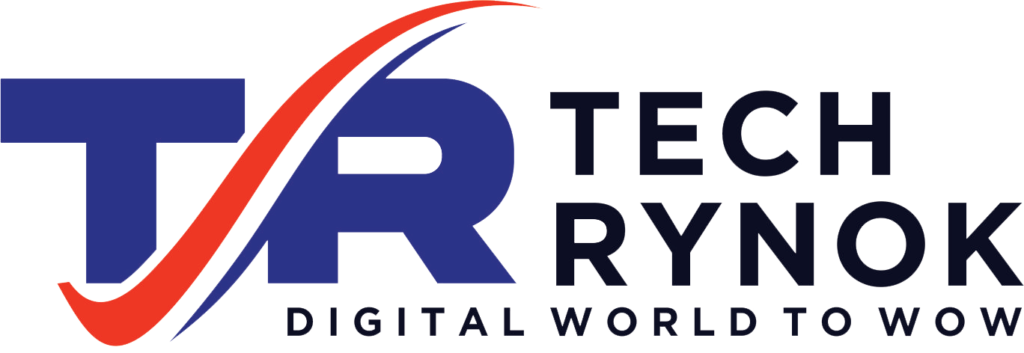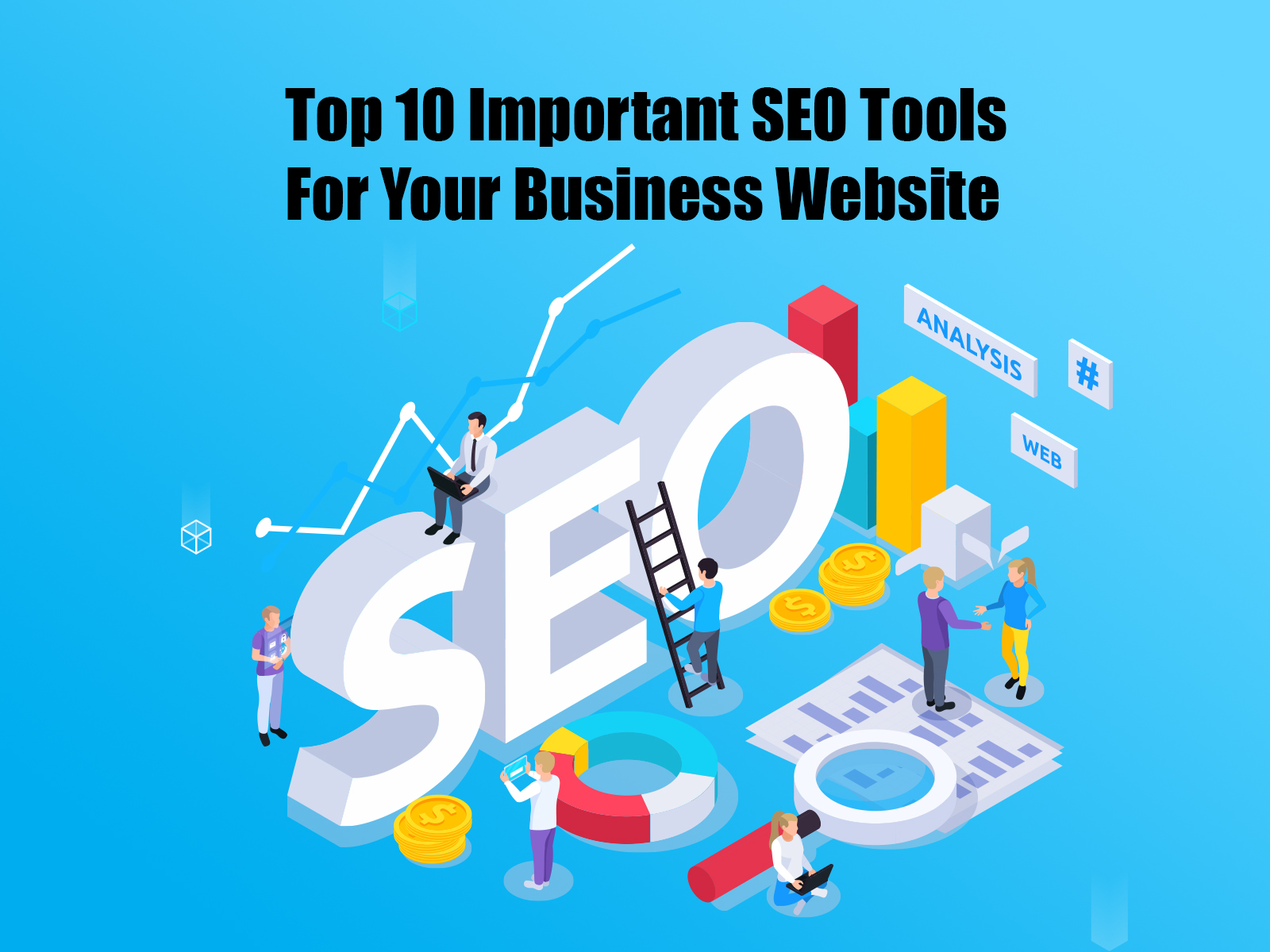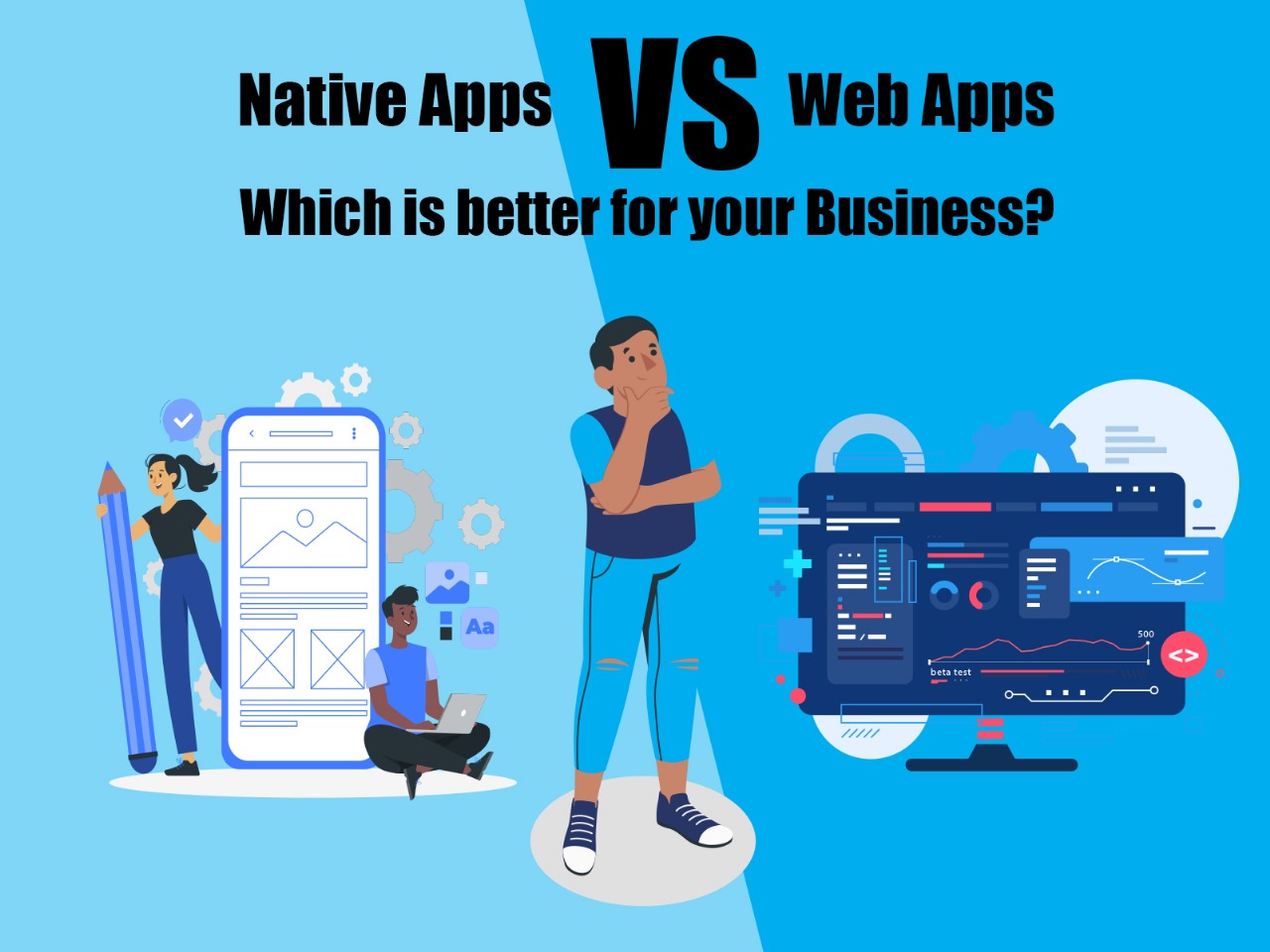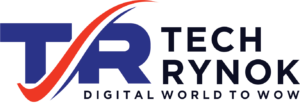A strong online presence is crucial for businesses of all sizes. This is where Search Engine Optimization (SEO) comes into play. SEO is the process of optimizing your website to rank higher in search engine results pages (SERPs), driving organic traffic, and increasing visibility to your target audience.
Utilizing Important SEO tools is essential for enhancing your website’s performance. These SEO tools for business provide valuable insights and data to help you make informed decisions about your SEO strategy, ultimately leading to better results and increased ROI.
10 Important Types of SEO Tools
1. Keyword Research Tools:
Keyword research lays the foundation for your SEO strategy. Tools like Ahrefs, SEMrush, and Google Keyword Planner help you identify relevant keywords with high search volume and low competition, allowing you to target the right audience effectively.
- Ahrefs
- SEMrush
- Google Keyword Planner
Advantages:
- Provide insights into keyword search volume and competition.
- Help identify relevant keywords for targeting.
- Allow for competitor keyword analysis.
Disadvantages:
- Some tools may have limited free features.
- Keyword data may not always be entirely accurate.
2. Position Tracking Tools:
Monitoring your keyword rankings is vital for assessing the effectiveness of your SEO efforts. Tools like Moz and Serpstat track your website’s rankings for specific keywords, providing valuable insights into your performance compared to competitors.
- Moz
- Serpstat
Advantages:
- Monitor keyword rankings over time.
- Track competitors’ rankings.
- Provide insights into ranking fluctuations.
Disadvantages:
- Limited features in some free versions.
- Accuracy may vary depending on the tool.
3. On-Page SEO Tools:
Optimizing individual pages on your website is crucial for improving search engine visibility. Yoast SEO and Screaming Frog are popular tools that help you optimize meta tags, headings, and content structure for better on-page SEO.
- Yoast SEO
- Screaming Frog
Advantages:
- Optimize individual pages for better search engine visibility.
- Provide suggestions for improving on-page elements like meta tags and headings.
- Offer insights into content optimization.
Disadvantages:
- Free versions may have limited functionality.
- Learning curve for understanding and implementing recommendations.
4. Link Building Tools:
Building quality backlinks is essential for improving your website‘s authority and credibility. Tools like BuzzStream and Majestic assist in prospecting and managing outreach efforts to acquire valuable backlinks from authoritative websites.
- BuzzStream
- Majestic
Advantages:
- Assist in prospecting and managing outreach efforts.
- Identify opportunities for building quality backlinks.
- Analyze competitor backlink profiles.
Disadvantages:
- Costly for premium versions.
- Requires time and effort to execute link building strategies effectively.
5. Website SEO Audit Tools:
Regularly auditing your website is necessary to identify and fix any technical issues that may affect your SEO performance. Tools like Sitebulb and DeepCrawl provide comprehensive site audits, highlighting areas for improvement and optimization.
- Sitebulb
- DeepCrawl
Advantages:
- Provide comprehensive site audits.
- Identify technical issues affecting SEO performance.
- Offer suggestions for optimization.
Disadvantages:
- Premium versions can be expensive.
- May require technical expertise to address identified issues.
6. Competitor Analysis Tools:
Keeping an eye on your competitors’ strategies is crucial for staying ahead in the competitive landscape. SpyFu and SimilarWeb are tools that help you analyze competitor keywords, backlink profiles, and overall digital marketing strategies.
- SpyFu
- SimilarWeb
Advantages:
- Analyze competitor keywords and strategies.
- Identify gaps and opportunities in your own SEO strategy.
- Benchmark your performance against competitors.
Disadvantages:
- Limited free features.
- Some data may not be entirely accurate.
7. AI-Powered SEO Tools
AI-driven tools are revolutionizing the way we approach SEO. Clearscope and SurferSEO utilize artificial intelligence to analyze search intent, optimize content, and identify relevant keywords, making content optimization more efficient and effective.
- Clearscope
- SurferSEO
8. Local SEO Tools
For businesses targeting local audiences, optimizing for local search is essential. BrightLocal and Whitespark are tools that help you manage your local SEO efforts by optimizing your Google My Business listing, managing online reviews, and improving local search visibility.
- BrightLocal
- Whitespark
Google’s Official SEO Tools
Google provides top SEO tools that are best for optimizing your website for its search engine. Google My Business helps you manage your business profile and appear in local search results, while PageSpeed Insights analyzes your website’s performance and provides suggestions for improvement.
- Google My Business
- Google Analytics
- Google Search Console
- PageSpeed Insights
10. Paid SEO Tools
Premium SEO tools offer advanced features and comprehensive data analysis capabilities. Moz Pro provides in-depth site audits, keyword research, and backlink analysis, while Ahrefs and SEMrush offer competitive intelligence, keyword tracking, and content optimization tools.
While these tools come with a price tag, their advanced features can significantly enhance your SEO efforts and deliver impressive results.
- Moz Pro
- Ahrefs
- SEMrush
Best Free SEO Tools
While premium tools offer advanced features, several Best SEO tools that are free provided by Google are invaluable for optimizing your website.
Google Analytics provides in-depth insights into your website traffic and user behavior, while Google Search Console helps you monitor and maintain your website’s presence in Google’s search results. Ubersuggest is another free tool that provides keyword suggestions and competitive analysis.
- Google Analytics
- Google Search Console
- Ubersuggest
Final Verdict
In conclusion, utilizing the right SEO tools is essential for optimizing your website and improving your search engine rankings. Whether you’re a small local business or a large enterprise, investing in SEO tools that align with your specific needs and goals can significantly impact your online success.
Explore the wide range of tools available, and choose the ones that best suit your requirements to drive organic traffic, increase visibility, and achieve your business objectives. Whether you are looking for SEO, Website maintenance, Digital Marketing, or Website content. All your needs will be fulfilled in a single spot. Just Contact Techrynok.



